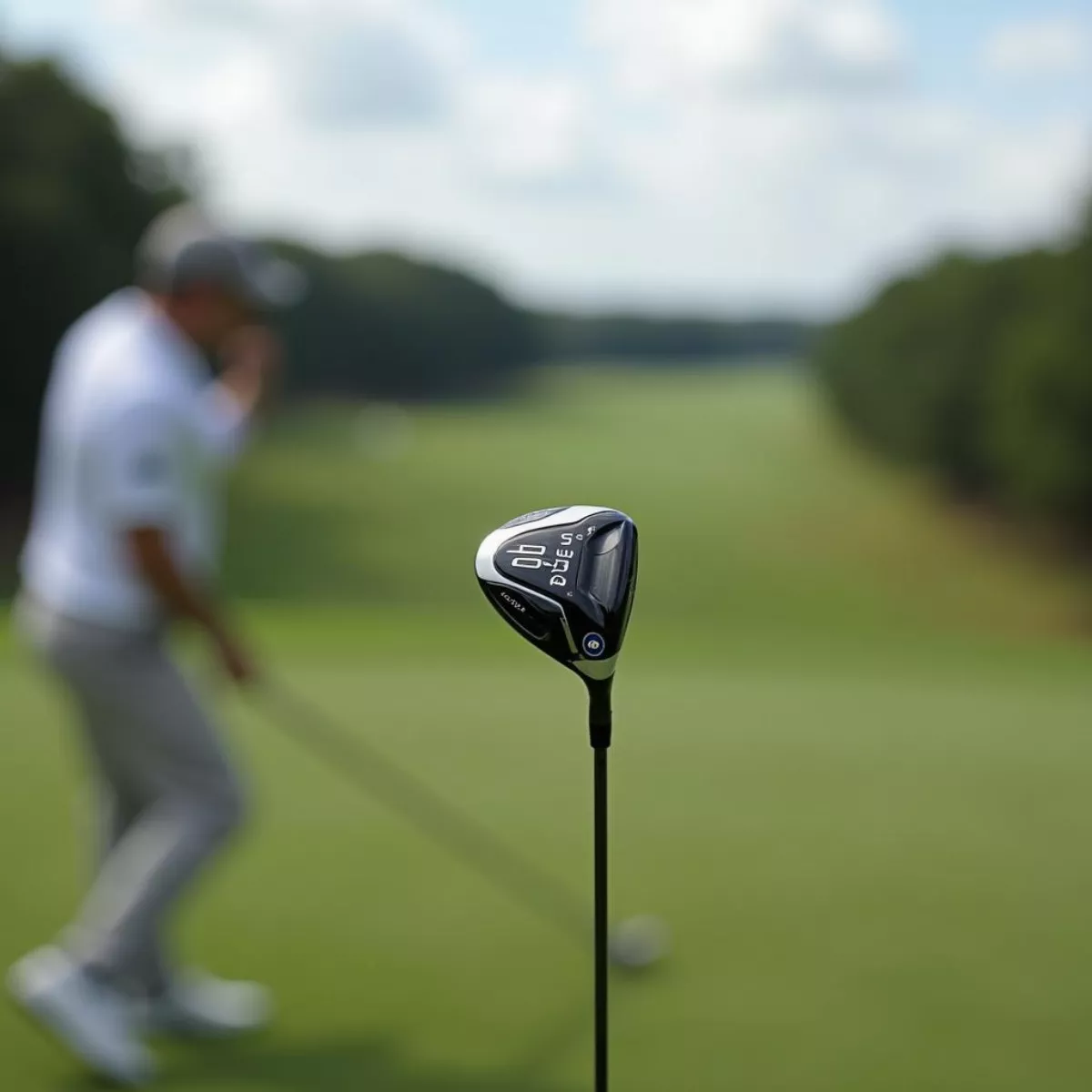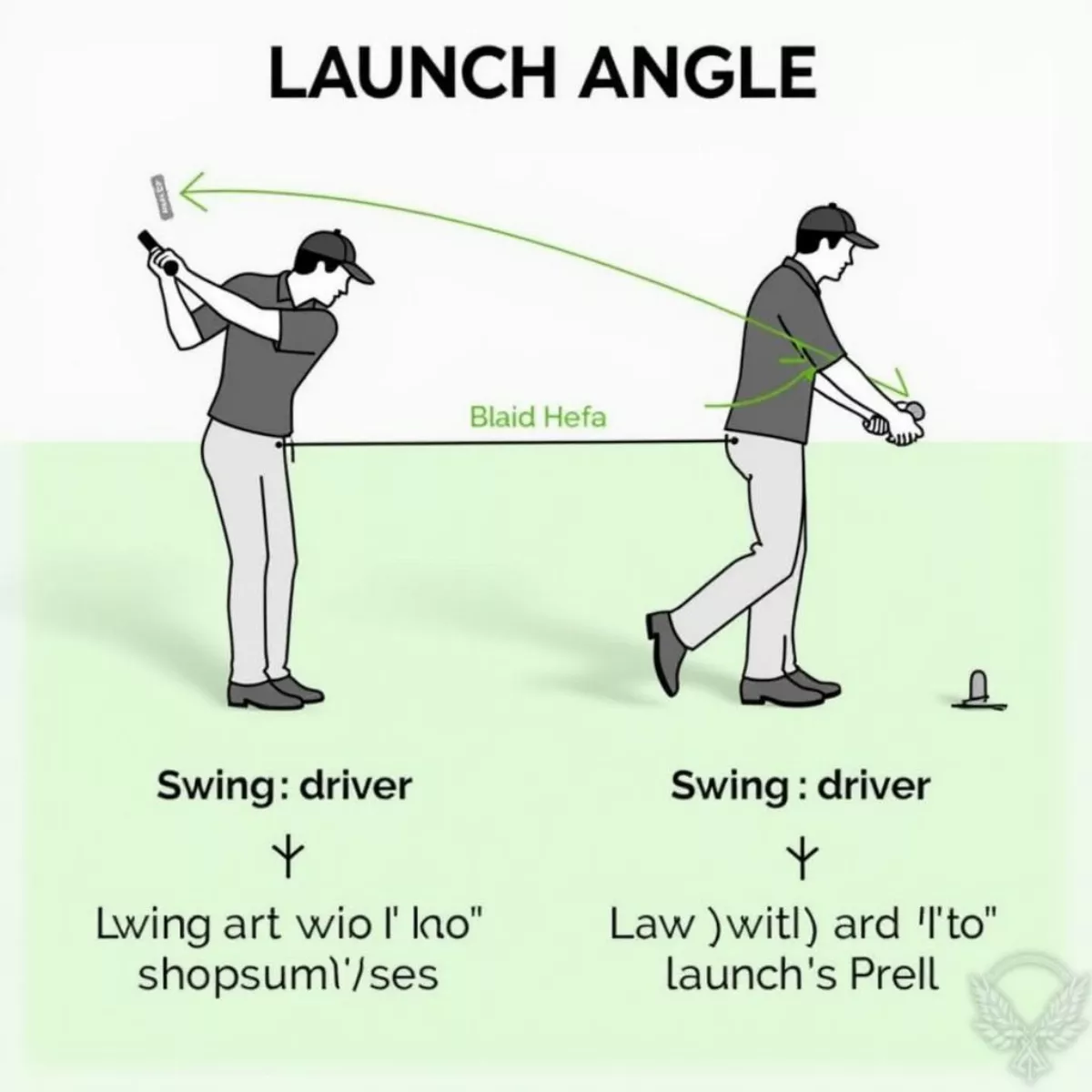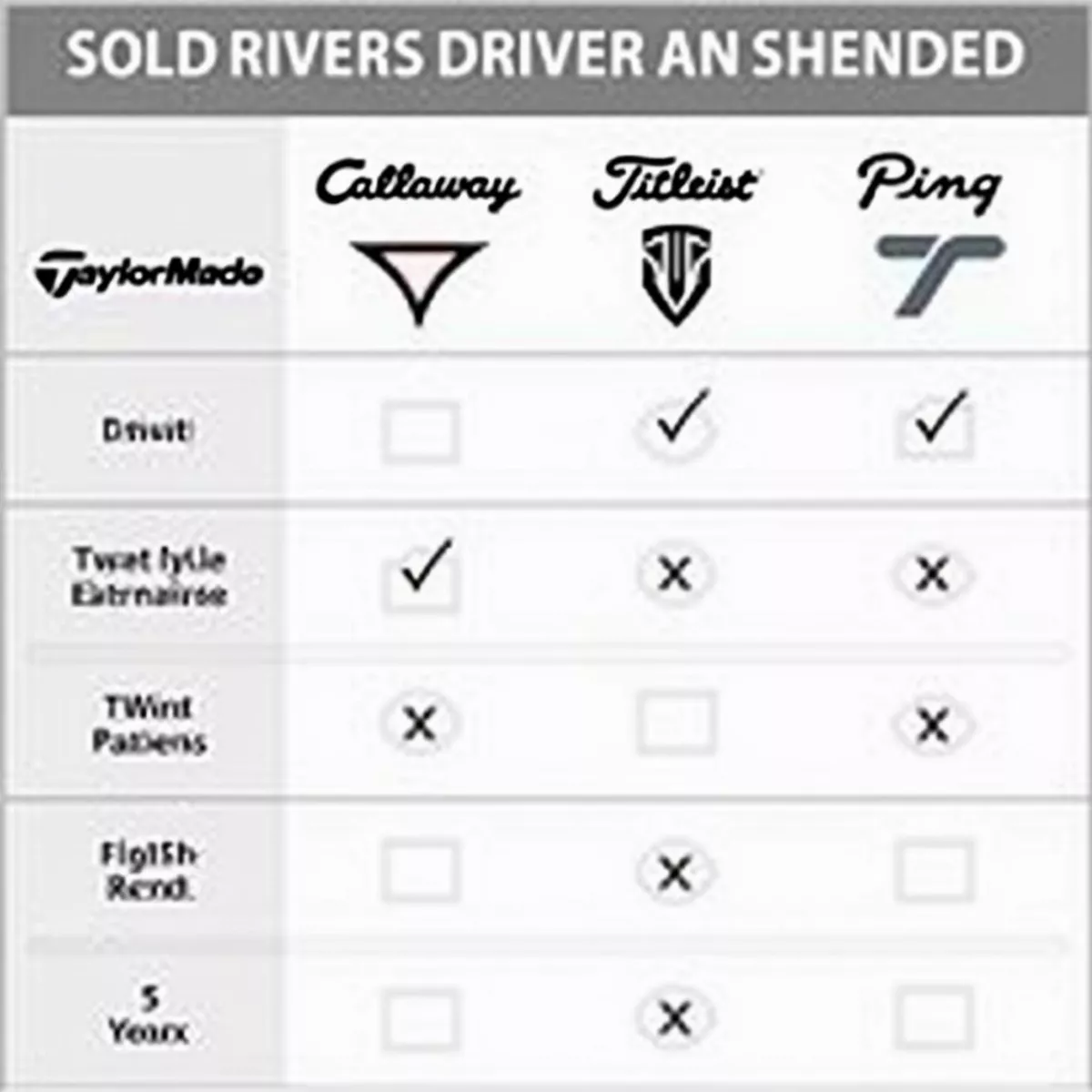Golf enthusiasts and aspiring players often find themselves mesmerized by the incredible skill displayed on the PGA Tour. Among the many factors that contribute to a professional golfer’s success, driver length plays a crucial role. In this article, we will explore everything you need to know about the average PGA Tour driver length, providing insights that can enhance your understanding of the game and help you make better choices on the course.
What Is Driver Length?
Before diving into the specifics of driver length on the PGA Tour, let’s start with the basics. The driver is the club typically used for the first shot on par 4s and par 5s. Known for its long shaft and larger clubhead, it is designed to hit the ball the farthest.
Driver length refers to the measurement from the heel of the clubhead to the top of the grip. Length can substantially affect a golfer’s swing, ball speed, and overall performance.
Average PGA Tour Driver Length
The Current Standard
As of the most recent golf seasons, the average driver length among PGA Tour players is approximately 45 inches. This standard has evolved over the years. In the past, many drivers measured closer to 43–44 inches, but players increasingly prefer longer clubs for added distance.
 PGA Tour Golf Driver Length
PGA Tour Golf Driver Length
Below is a detailed table summarizing average driver lengths over the years:
| Year | Average Driver Length |
|---|---|
| 2010 | 44.5 inches |
| 2015 | 44.75 inches |
| 2020 | 45 inches |
| 2023 | 45 inches |
Why Do Pros Use Longer Drivers?
- Increased Distance: Longer drivers allow for a greater swing arc, leading to higher swing speeds and more distance.
- Optimal Launch Conditions: A longer club can help achieve the optimal launch angle and spin rate, maximizing carry and roll.
- Customization: Many pros have clubs tailored to their personal preferences, allowing for unique specifications in length, flex, and balance.
The Impact of Length on Performance
The length of a driver significantly influences many aspects of a golfer’s game. Here are some of the key areas affected:
- Swing Speed: Generally, longer drivers can contribute to faster swings, yielding increased ball speeds.
- Accuracy: While longer clubs can achieve greater distances, accuracy can sometimes suffer. Players must find a balance that works for them.
- Confidence: Many golfers feel more confident with a longer driver due to its performance potential, impacting overall play.
 Golf Driver Swing Comparison
Golf Driver Swing Comparison
Finding Your Optimal Driver Length
While the average length on the PGA Tour might be 45 inches, it’s essential to remember that each golfer is unique. Consider these points when determining your optimal driver length:
1. Height and Arm Length
- Taller players generally require longer drivers.
- Players with shorter arms may benefit from a shorter length.
2. Swing Type
- Players with an upward swing may find longer drivers more advantageous, boosting launch angle.
- However, those with a more level or downward swing may do better with shorter clubs.
3. Comfort Level
- Your comfort and confidence with the driver are paramount. It’s always a good idea to experiment with different lengths before purchasing.
4. Professional Fitting
- Consider getting fitted by a professional to help determine the right length, weight, and flex for your swing characteristics.
Pro Tip:
Always test different lengths on the course or driving range before making a final decision. This practice can provide essential insights into how different lengths affect your performance.
Top Brands and Technologies in Drivers
When it comes to drivers, technology has played a massive role in shaping performance. Let’s highlight some of the leading brands known for their advanced driver engineering:
- TaylorMade: Known for innovative driver technologies like the Twist Face and Speed Injected Twist Face, which are engineered to maximize distance and forgiveness.
- Callaway: Offers Flash Face technology, which enhances ball speed and encourages better launch conditions.
- Titleist: Renowned for their TS drivers, which are designed for maximum speed and distance across various player types.
- Ping: Their G series drivers are well-regarded for offering outstanding stability and adjustability.
 Top Golf Driver Brands Comparison
Top Golf Driver Brands Comparison
The Importance of Driver Adjustment
Many modern drivers come with adjustable features that allow golfers to manipulate settings for customization.
Key Adjustable Features
- Loft: Adjusting the loft can influence launch angles and spin rates.
- Lie Angle: Affects the direction of the shot post-impact.
- Weight Distribution: Changes not only affect feel but can also impact spin and launch characteristics.
By regularly adjusting these settings based on conditions, course layouts, and personal performance, players can optimize their equipment.
Key Takeaways
- The average PGA Tour driver length is around 45 inches, custom-tailored for peak performance.
- Longer drivers can contribute to increased distance but may compromise accuracy, requiring players to find a balance that suits their game.
- Factors such as height, swing type, and comfort level significantly influence optimal driver length.
- Professional fitting is highly recommended to find the right driver length and specifications that fit your unique swing.
Frequently Asked Questions
1. What length driver should a beginner use?
For beginners, a standard length around 44–45 inches is usually advisable. Comfort and control are key, so personal preference is essential.
2. Does a longer driver always mean more distance?
While length can boost distance, it may also affect accuracy. Players must practice to ensure control with longer drivers.
3. What is the standard driver length for women?
The average driver length for women typically ranges from 44–44.5 inches, but individual preference and fitting are vital.
4. How often should I adjust the settings on my driver?
It’s beneficial to re-evaluate your driver settings periodically, especially when changing courses or experiencing different playing conditions.
5. Can I shorten my driver if I’m struggling with accuracy?
Absolutely! Shortening your driver can enhance control and consistency. Consult a professional for assistance.
6. Do pro golfers use the same driver length?
Not necessarily. While many pro golfers average around 45 inches, individual preferences vary based on height, swing style, and comfort levels.
7. How important is the driver’s weight?
The weight of the driver affects swing speed, feel, and stability. Choose a weight that complements your swing style for the best performance.
8. What is the role of the shaft in driver performance?
The shaft influences swing speed, trajectory, and feel. Selecting the right flex and length is crucial for optimizing performance.
9. Can I use my driver on the tee for every hole?
While drivers are designed for maximum distance, they might not always be the best choice depending on the hole’s layout, conditions, or clubs available to you.
10. Where can I learn more about choosing the right driver?
For further reading, check out additional links we have on our site about golf club fitting and improving your golf swing.
In conclusion, understanding the dynamics of average PGA Tour driver length sheds light on how technology and individual characteristics shape a golfer’s performance. By experimenting with length and utilizing professional services, players of all skill levels can significantly enhance their game. So, get out there, try some drivers, and ultimately find what helps elevate your performance on the course!

